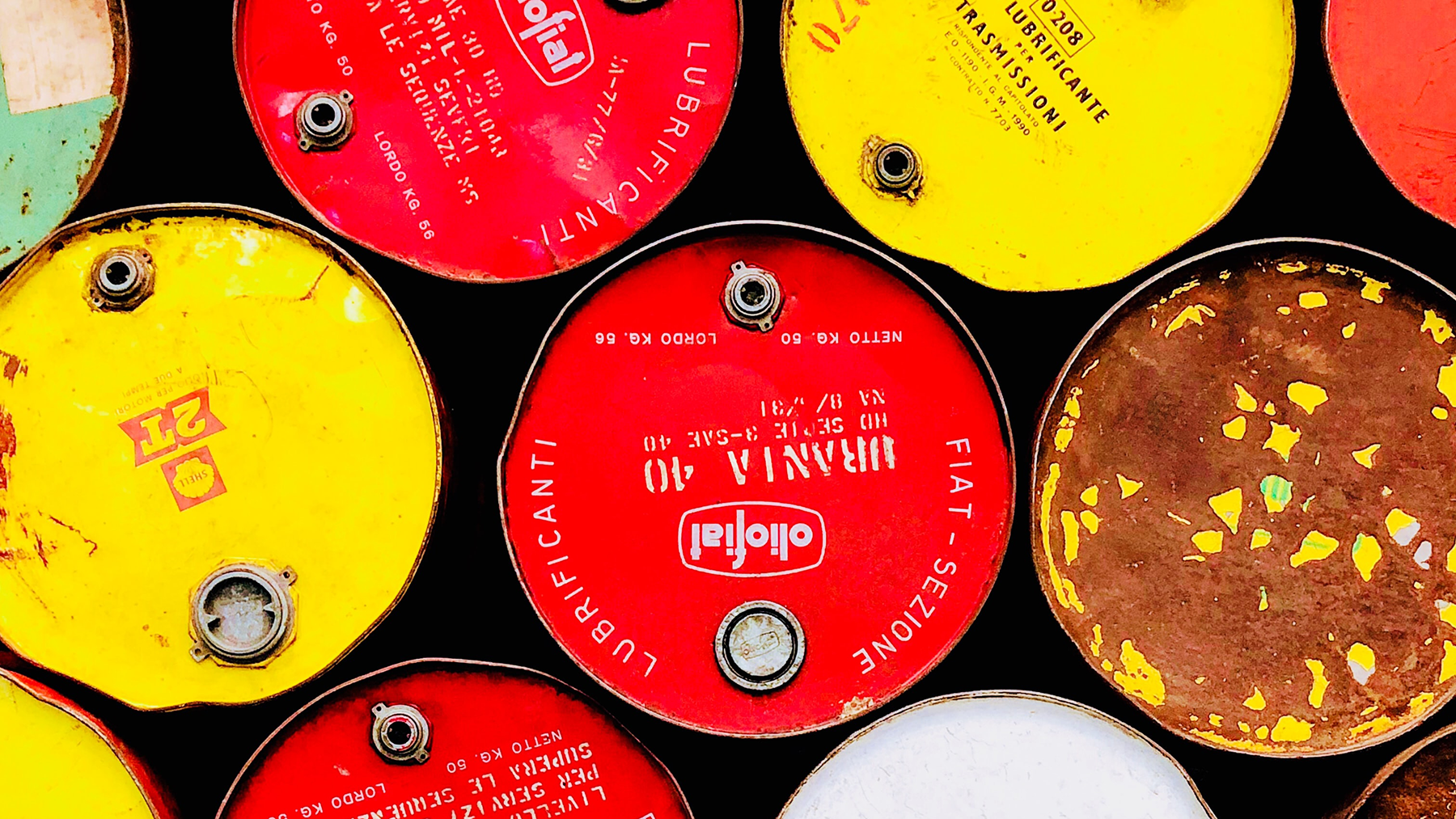
On 4 February 2023, members of the Price Cap Coalition (G7 plus EU and Australia) reached consensus on price caps for seaborne Russian-origin petroleum products falling under CN code 2710.
The prohibition applicable to the price caps (Article 3n of Council Regulation 833/2014) entails that it is prohibited to provide:
for petroleum cargoes purchased above the respective caps.
By way of the agreement of 4 February, two price caps have been introduced: one for “premium to crude” petroleum products such as gasoline, motor spirits, aviation spirits, motor fuel blend stocks, gasoil and diesel fuel, kerosene and kerosene-type jet fuel, and vacuum gas oil, and the other for “discount to crude” petroleum products, such as naphtha, residual fuel oil and waste oils, taking into account the market dynamics including pricing of these products relative to crude oil. The price cap for “discount to crude” oil is set at USD 45 per barrel, while the price cap for “premium to crude” is set at USD 100 per barrel.
A transitional period of 55 days is foreseen for those vessels carrying Russian petroleum products, which were purchased and loaded onto the vessel prior to 5 February 2023 and are unloaded prior to 1 April 2023.
It should be recalled that on 3 December 2022, The Price Cap Coalition imposed an equivalent price cap of USD 60 per barrel for crude oil (CN code 2709 0010).
The US Office of Foreign Asset Control (OFAC) has issued a helpful guidance to assist the industry to comply with the prohibitions. The guidance contains recommendations regarding, inter alia, due diligence requirements which could be helpful also to EU companies. The guidance can be found here
The EU Commission has also issued guidance which can be found here, at page 222